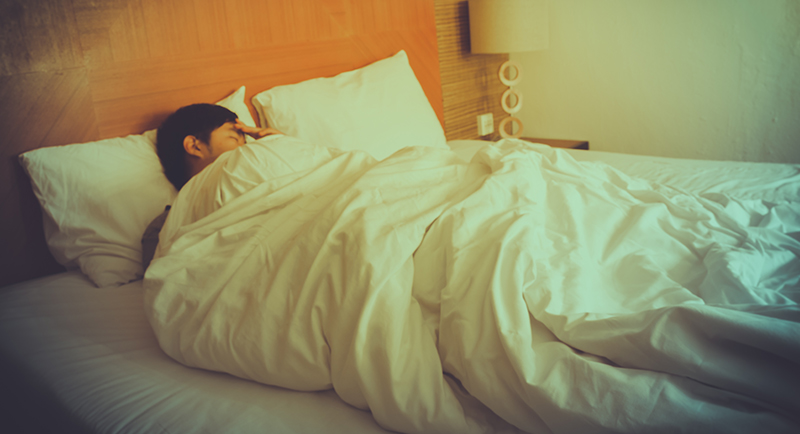Nocturia – How to reduce night time urination
What is nocturia?
Nocturia is a condition causing a person to wake up during the night to urinate, usually several times each night. Millions of Americans – more than fifty percent of men and women over 60 – have nocturia. Older people tend to sleep lightly with less time in deep sleep and are more easily awoken, especially if they need to urinate.
This condition can also affect young people but becomes common with aging. Ongoing nocturia can quickly become a quality-of-life issue. For example, frequent nighttime trips to the toilet will disrupt a person’s sleep cycle causing excessive daytime sleepiness, increasing the risk of nighttime falls when going to the bathroom, affecting work productivity, and drowsy driving.
Possible causes of nocturia
The primary cause of nocturia is the production of excess urine during the night, called nocturnal polyuria. However, many reasons cause excessive urine to be produced after going to bed, which include:
- Drinking too much fluid right before bedtime, especially liquids acting as diuretics like coffee, alcohol, and caffeinated beverages
- People with poorly managed diabetes – both type 1 and type 2
- Congestive heart failure
- Swelling or edema of the lower extremities
- Taking a diuretic
- Obstruction of the bladder or an overactive bladder
- Reduced capacity of the bladder
- Infection or inflammation of the bladder
- Recurrent urinary tract infections
- Interstitial cystitis
- In men, benign prostatic hyperplasia or BPH
- Pregnant women
- Sleep problems such as insomnia or sleep apnea, provoking problems with nocturia
Nocturia and sleep apnea – negative effects
Up to 50% of people with obstructive sleep apnea (OSA) will also have nocturia. OSA causes repeated reductions in airflow and oxygen levels as a person breathes during the night, in addition to influencing hormonal changes that increase urine production. Since OSA also causes frequent sleep interruptions, a person will be more likely to notice the need to urinate during the night.
Frequent night urination treatment
The first step to reducing nocturia is to talk to your doctor about the issue, especially if this is something new. It will be essential to find the root cause of frequent nighttime urination to know how to treat the problem correctly.
If the cause is a medical condition, such as uncontrolled diabetes or a urinary tract infection, treating the underlying disease or condition with medications and lifestyle changes can help reduce the frequency of nocturia.
Female nocturia – what may cause it?
Most people assume older men are the primary victims of nocturia. Not true. Women past 40 have a higher rate of waking up to urinate than men, and up to half of those women wake up two or more times to use the bathroom.
There are multiple causes of female nocturia that include the following:
- Vaginal prolapse
- Childbirth
- Menopause
- Having had a hysterectomy
- Hot flashes
- Older age
- Chronically high blood sugar levels
- Kidney disease
- Urinary tract infections
- Sleep apnea or insomnia
- Using diuretics or ‘water pills’
- Restless leg syndrome
Home remedies for nocturia
Both men and women can take simple steps to treat nocturia at home. These steps are lifestyle changes to address frequent production of nighttime urination with the intent of reducing multiple nightly trips to the bathroom.
Here are home remedy suggestions that can help:
- Reduce fluid intake starting at least three or more hours before bedtime
- Limit drinking caffeinated beverages, like coffee, to no later than 12 noon
- Drink alcohol in moderation (no more than two drinks a day for men and only one drink a day for women) and avoid having a ‘nightcap’
- If you take a diuretic, take them mid-to late afternoon or at least 6 hours before bedtime
- To prevent fluid accumulation, elevate your legs throughout the day
- Consider wearing compression stockings during the day to avoid fluid accumulation in the legs
- Before going to bed, double void or urinate twice. For example, urinate before brushing your teeth at night, then, even if you feel like you don’t need to go, try to urinate once more to squeeze out as much urine as possible
- Practice Kegels regularly to control nocturia

